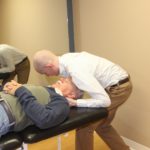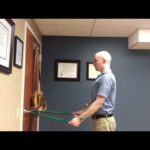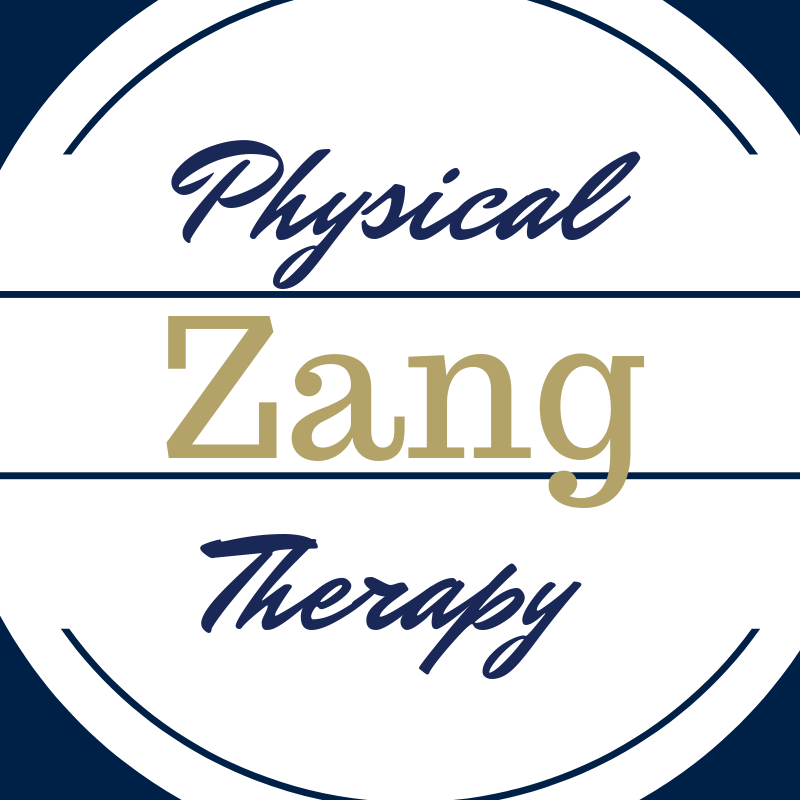As I previous wrote before regarding back pain, adherent care for neck pain results in differences compared to non-adherent group
A study published in 2016 by Horn et al. examined data from 298 patients to assess the care delivered. They sought what effect following recommended treatment guidelines have relative to patient response. What they found were decreased cost, fewer visits to PT and medical providers, less medication and fewer imaging. All these findings were deemed to be statically significant. Interestingly though, the adherent group achieved no better functional disability scores.
This begs the question, what is more important…improved disability scores or better cost utilization? On one hand, from a patient perspective improved functional disability scores are very important. Plus everyone loves reduced costs. From the medical perspective, they want more visits which equal more money. And from general healthcare industry perspective, they want reduced costs to the system overall. They do not really care about patient outcomes.
I would argue we want both. My primary goal as a physical therapist is to help the patient achieve their goals. This is usually to increase their function with less pain. Secondarily, I want to be as effective and efficient as possible. My goal is to keep patients out of doctors offices, reduce medication intake, limit imaging, and prevent unnecessary surgeries. When all is put together, this should result in significantly reduced medical expenses for the individual and the healthcare system in general.
So what does adherent care look like?
 Well…part of this is dependent upon the specific diagnosis and presenting symptoms. That said, elements to be included are: hands-on treatments, specific matched exercises, patient education, pain education (when necessary), and avoidance of passive modalities/approach. A passive approach is one where the patient is reliant upon the therapist to create change. A passive approach breeds dependence and lacks internal drive.
Well…part of this is dependent upon the specific diagnosis and presenting symptoms. That said, elements to be included are: hands-on treatments, specific matched exercises, patient education, pain education (when necessary), and avoidance of passive modalities/approach. A passive approach is one where the patient is reliant upon the therapist to create change. A passive approach breeds dependence and lacks internal drive.
See, a drive to improve is one key element from a recovery standpoint. Patients who take an active role in their recovery are shown to improve faster and recover to a greater level. A close correlate here is fear-avoidance. This concept is one where the patient is worried, fearful, or scared that activity will make them worse. It rapidly becomes a vicious circle that is difficult to get out of and becomes self-perpetuating. To combat fear-avoidance and assist the active role taking, patient education becomes a key part of treatment. It is important for the therapist to explain to the patient the what, how and why. In this case ease concerns and promote compliance.
How does one know if they received adherent care before?
Ask yourself…did the provider rely upon passive treatments or did you take an active role? Did the provider empower you or create an environment whereby you had to rely upon them to feel better?
Now ask yourself….Are you tired of having your daily life impacted by Neck Pain and are ready for a REAL solution to your problem?
If you are, then let’s start a discussion about how to help you achieve this solution.
The next step is yours. For more information:
- Call 717-440-6197 or Click HERE to set up a Free Phone Consultation
- Learn more how a Discovery Session could be your next step
- Claim your FREE copy of the best tips to treat your own neck pain HERE
You are but one click or call away from the SOLUTION you are looking for. Make the choice to feel better TODAY
